The real estate market thrives on a constant dance between location, value, and visibility. In today’s digital age, that last factor – visibility – is heavily influenced by how well your real estate business performs in search engine optimization (SEO).
While core SEO principles remain important, the landscape is constantly evolving. This article dives into the hottest SEO trends specifically for real estate professionals in 2024, equipping you to attract more qualified leads and convert them into clients.
Local SEO Reigns Supreme
Gone are the days of vying for national recognition. Modern SEO prioritizes local dominance. Homebuyers and sellers are increasingly searching for agents who understand their specific neighborhoods.
Here’s how to leverage local SEO for real estate:
- Claim and Optimize Your Google My Business Profile: This free tool is a goldmine for local SEO. Ensure your profile is complete, with accurate contact information, high-quality photos, and positive customer reviews.
- Target Local Keywords: Research keywords that potential clients use when searching for real estate in your area. Think beyond just city and state – include specific neighborhoods, types of properties, and even price ranges.
- Optimize Your Website for Local Search: Integrate your target keywords throughout your website content, including page titles, meta descriptions, and local landing pages.
- Build Local Backlinks: Get high-authority websites in your area to link back to your site. Partner with local businesses, chambers of commerce, or community organizations for link-building opportunities.
Content is King (and Queen): User-Centric Strategies
Content marketing is no longer an SEO afterthought; it’s the cornerstone of a successful strategy. People searching for real estate online are hungry for valuable information. Here’s how to create content that attracts and engages:
- Go Beyond Listings: While property listings are essential, don’t neglect content that educates and informs. Create blog posts on local market trends, tips for buying or selling in your area, neighborhood guides, and insights into the homeownership process.
- Embrace Video Content: Video is the king (and queen) of online content. Create engaging video tours of properties, highlight local amenities, or answer frequently asked buyer and seller questions.
- Target Voice Search: As voice search continues to rise, optimize your content for conversational keywords. People might ask “What’s the best school district in [neighborhood]?” Tailor your content to answer these natural language queries.
- Focus on User Experience (UX): Ensure your website is user-friendly and easy to navigate. Fast loading times, clear calls to action, and a mobile-responsive design are crucial for a positive user experience, which is a key SEO ranking factor.
The Rise of Technical SEO: Optimizing for Efficiency
Technical SEO ensures search engines can easily crawl and index your website. While some aspects are complex, here are some key areas to focus on:
- Mobile-First Indexing: Google prioritizes mobile versions of websites for ranking. Ensure your website is mobile-friendly and offers a seamless user experience across all devices.
- Website Speed Optimization: Slow loading times hurt your SEO and frustrate visitors. Use tools like Google PageSpeed Insights to identify and address website speed issues.
- Schema Markup: Schema markup is code that provides search engines with additional context about your website content. Implement specific schema markup for real estate listings, which can lead to richer search results.
- Technical Website Audit: Regularly conduct technical audits to identify and fix crawl errors, broken links, and other technical issues that can hinder your SEO performance.
The Power of Data and Analytics: Measuring Success
SEO is a marathon, not a sprint. Continuously tracking and analyzing your results is vital for ongoing optimization. Here’s how data can supercharge your SEO strategy:
- Track Keyword Rankings: Monitor your ranking for target keywords over time. Identify keywords you’re performing well for and areas where improvement is needed.
- Analyze Website Traffic: Understand where your website traffic comes from, user behavior on your site, and conversion rates. This data can guide content creation and website optimization strategies.
- Embrace Local SEO Tools: Tools like Google Search Console and local SEO analytics platforms provide valuable insights into your local search performance. Use these tools to understand how potential clients are finding your business online.
- Refine Your Strategy: Data doesn’t lie. Use insights from analytics to inform future content creation, keyword targeting, and website optimization efforts.







